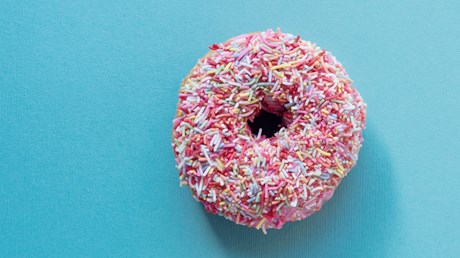What new research reveals about self-control and willpower.

As a Christian, I have often wondered about my failures of self-control. Why is it that I can know what I want to do, carefully plan to do it, and then do something completely different—something unhelpful and often directly opposed to my beliefs? As Paul wrote, “I do not understand what I do. For what I want to do I do not do, but what I hate I do” (Rom. 7:15). To make matters worse, for the longest time I had no idea how to change the situation other than to try again and hope for the best.
In this context, I discovered social science research on self-control—and it turns out there’s a lot of it. Studies on self-control have boomed in the past two decades, and self-control is a really good thing to have. Research has found, for example, that people with more self-control live longer, are happier, get better grades, are less depressed, are more physically active, have lower resting heart rates, have less alcohol abuse, have more stable emotions, are more helpful to others, get better jobs, earn more money, have better marriages, are more faithful in marriage, and sleep better at night. But psychologists, sociologists, and other scientists aren’t just interested in self-control’s practical benefits. They want to know what it is, how it works, and why some people seem to be better at it than others.
Let’s start with definitions. Self-control regulates desires and impulses. It involves wanting to do one thing but choosing to do another. We substitute responses to a situation, like wanting to eat a bag of chips but instead picking up an apple. That definition may seem obvious, but thinking about self-control this way helps us avoid less accurate or more vague ways of thinking about ...
from
http://feeds.christianitytoday.com/~r/christianitytoday/ctmag/~3/Vhql6k4kc0I/science-of-sinning-less.html
No comments:
Post a Comment